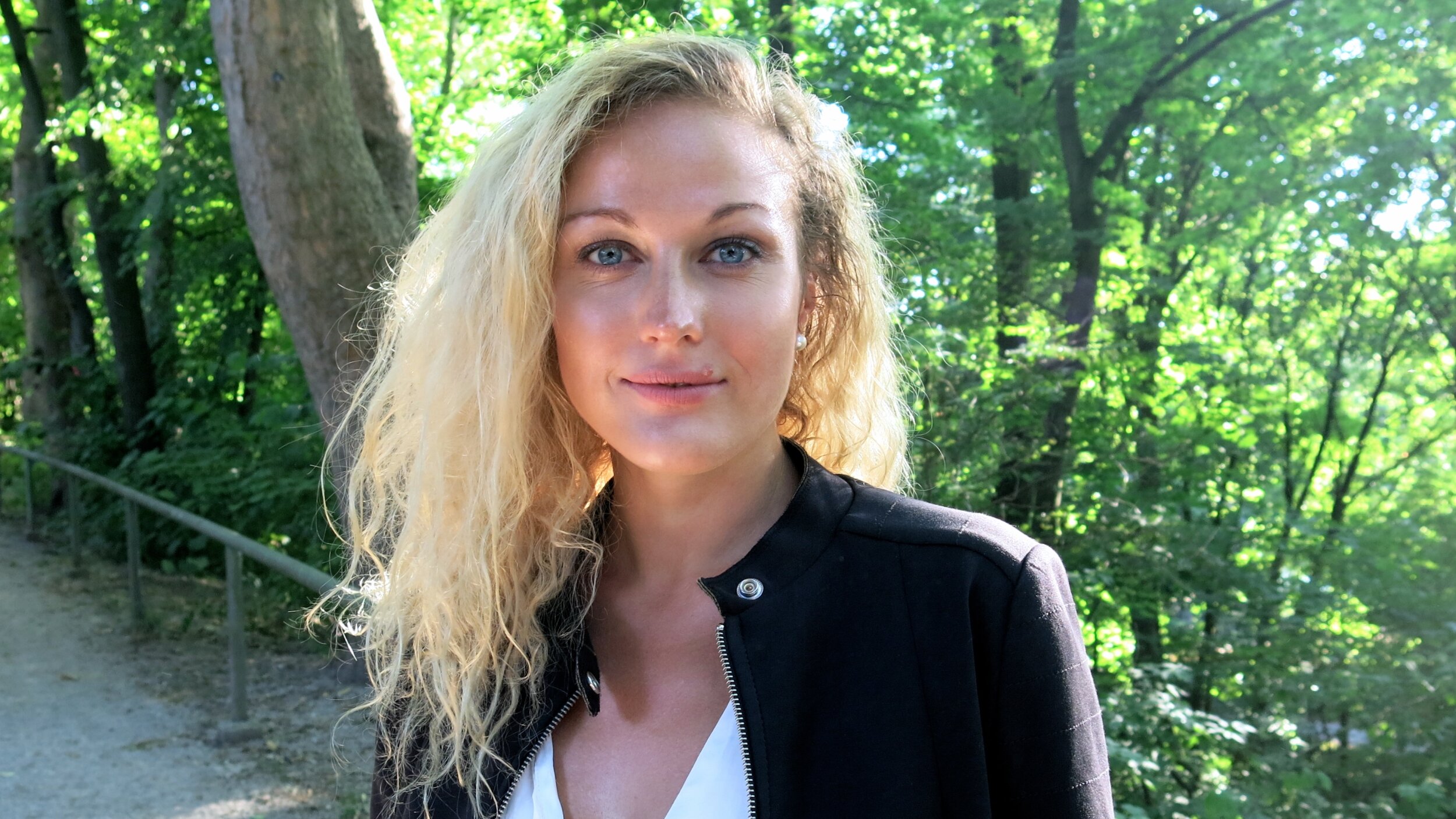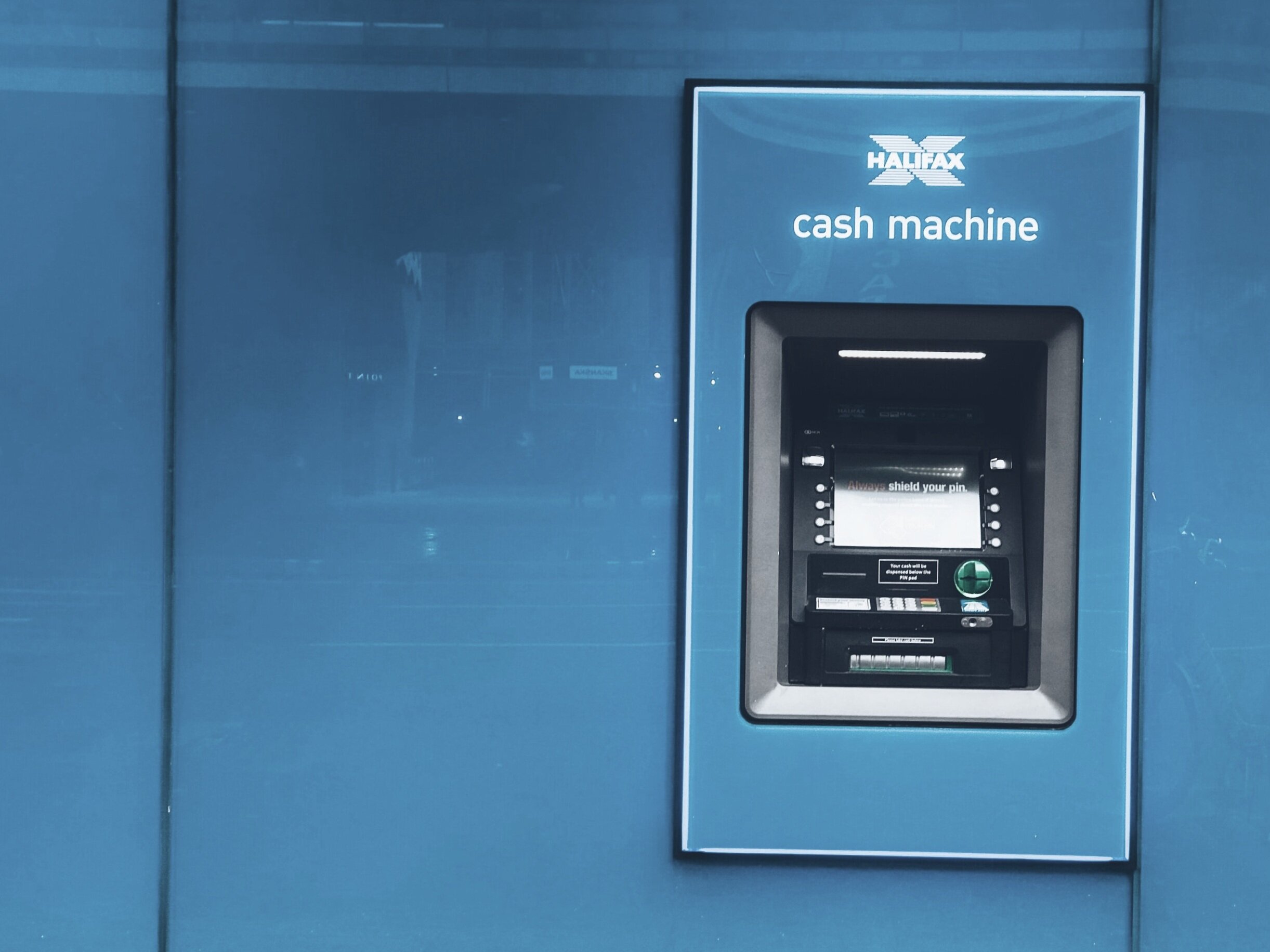2023 Update: New Blocked Account Sum for Study Abroad in Germany
Yana Immis
Attention Study Abroad Aspirants! 🌎✈️ Stay Informed: 2023 Update on Blocked Account Requirement in Germany!
Coracle - the best Blocked Account Provider
2023 Update: New Blocked Account Requirement for Study Abroad in Germany
Studying abroad in Germany presents an exciting opportunity for international students, but it also entails fulfilling specific financial requirements.
Among these requirements is the necessity to open a blocked bank account (Sperrkonto). You have to demonstrate adequate financial resources during the visa application process!
In 2023, an important update arrived for a blocked bank account, which prospective students must be aware of. Read carefully to ensure a seamless application process and to successful study abroad.
What is a Blocked Account and Why is it Important?
A blocked account is a specialized bank account that serves as evidence of financial stability. Consider it to be children's money. Your parents used to give you money per day/week, same here, but per month!
Germans want to make sure that students possess sufficient funds to cover their living expenses. This includes tuition fees, and other financial obligations while living and studying in Germany.
The significance of a blocked account lies in its ability to act as a financial safety net for students. The Germans want to make sure you won’t be relying on public funds. It showcases students' responsibility and commitment to their education while removing concerns regarding their financial well-being.
Students who applied for a visa before 01.01.2023 or those who are already in Germany
The change is only applicable to later applications, however, to be on the safe side, be cautious. German embassies across the globe have already started requesting the updated amount.
Solution: either add an extra sum to your blocked account and request a confirmation. Or put more money in your account for a visa extension once you have arrived in Germany (prior to the visa extension).
Students who apply for a visa after 01.01.2023
Attention! Do not disregard this news putting yourself at risk!
Students with the old blocked sum may have:
Visa delay due to a request to resubmit the account confirmation
Visa denial
All these visa applications must have an increased blocked account balance confirmation.
Solution: transfer the difference between the new and the old blocked account sum to your account. Request an additional confirmation from a selected bank afterwards. Make sure to take a confirmation email or document with you to the appointment.
Are There Alternative Methods to Prove Financial Stability?
Some students may question whether there are alternative methods to prove financial stability instead of a blocked account.
While it is true that exceptions or alternative financial proofs exist for certain students, a blocked account remains a common requirement for many international students.
You can consult me, or university or the immigration authorities to determine if a blocked account is necessary for you!
The 2023 Update: Increased Requirement for Blocked Bank Account
One significant factor is the increase in the monthly financial assistance allocated to BAföG beneficiaries under the German Federal Training Assistance Act (BAföG). This increase sets a precedent for adjusting the blocked account amount, ensuring it remains relevant.
Effective from January 1, 2023, the required amount for a blocked bank account will increase from €10,332 to €11,208. This update reflects an 8.5% increase to align with inflation. Rising living costs also have an impact.
Drawback: Initial financing required is higher. Keep in mind that 1st-year expenses are much higher than the next years, because of the university deposit, tuition fees as well as accommodation deposit payments).
Benefit: Monthly withdrawal capacity increases, which helps students to support their living expenses from one month to another.
The increase also impacts the monthly withdrawal limit, which will rise from €861 to €934. Staying informed about these changes is essential to meet the updated requirements and avoid any complications during the visa application process.
Generally, when consulting students, I advise you to schedule your expenses the following way:
Year 1: 30000 Euro for everything absolutely plus maintaining a good social living standard
Year 2: 20000 Euro considering you would be doing internship and summer jobs for 90 days
Year 3: 10000 Euro considering you will be working or switching to a part-time job already
| New Yearly Budget | 11,208 Euro |
| New Monthly Withdrawal | 934 Euro |
| Old Yearly Budget | 11,172 Euro |
| Old Monthly Withdrawal | 931 Euro |
Steps to Meet the New Blocked Account Requirement
To meet the new requirement of €11,208, prospective students must follow certain steps for their German Study Visa & Blocked Account Confirmation.
Step 1: Choose a Bank or Provider
Research reputable banks or providers that offer blocked accounts tailored to international students. It is crucial to select a reliable institution that caters to your needs and provides the necessary services.
Step 2: Gather the Required Documents
Prepare the necessary documentation
passport,
visa application,
proof of enrollment or acceptance at a German university,
and any additional identification or financial documents required by your chosen bank or provider.
Step 3: Transfer Funds to the Blocked Account
Transfer the required sum of €11,208 into your blocked account. Keep in mind that certain banks may charge fees for account opening or fund transfers. Check those beforehand.
Step 4: Obtain Confirmation and Documentation
Once you transfer the Blocked Account fees, you will receive a payment confirmation. Take it with you together with educational, private & university admission documents during your visa application.
Also, make sure to take these documents with you to Germany!
Step 4: Schedule an Appointment for Visa Application
Regarding the visa application, you have 2 choices according to your residential address: Embassy/Consulate or VFS application. Make sure to check which one is the closest to you. Contact the relevant authorities to schedule an appointment for your visa application.
During the appointment, you will need to provide proof of solvency, educational documents, and acceptance letters (non-conditional, after paying the deposit) from the university.
Additional Financial Considerations for Studying Abroad in Germany
While the blocked account requirement is a critical aspect of financial planning for studying abroad in Germany, there are other financial considerations to keep in mind.
You should consider the Blocked Account sum to be sufficient to live off in the small cities (accommodation + food + telephone bills) but it most probably won’t be sufficient for the big cities like Hamburg, Munich, and Berlin. Make sure to carefully plan your finances, and stash some cash before flying (at least 1000 Euro) to have a smooth move to Deutschland.
Here are some additional tips:
Health Insurance: Protect Your Well-being
Germany mandates that all students have health insurance coverage. Research and obtain an appropriate health insurance plan that fulfills the German requirements and provides comprehensive coverage for your healthcare needs.
Visa Fees and Additional Expenses: Plan Ahead
Apart from the blocked account requirement, there are visa application fees and other expenses associated with studying abroad. Take these costs into account during your financial planning and budget accordingly.
Part-Time Jobs and Student Discounts: Maximize Your Resources
Consider exploring part-time job opportunities while studying in Germany to supplement your finances. Additionally, take advantage of student discounts available for various services such as transportation, cultural events, and student memberships.
Financial Resources and Support: Seek Guidance
Familiarize yourself with the resources and support available to international students concerning the blocked account requirement. Official websites, forums, and support services can provide valuable information and guidance throughout the process.
Fulfill the Financial Requirements for an Enriching Study Abroad Experience
The blocked account requirement remains a crucial aspect of studying abroad in Germany, ensuring financial stability and independence for international students.
The 2023 update regarding the increased amount of €11,208 underscores the importance of staying informed and meeting the updated requirements. Opening a blocked account and maintaining the necessary funds demonstrate your commitment to your education and financial responsibility.
Remember to research reputable banks or providers, gather the required documentation, and transfer the required sum into your blocked account.
Consult with me or the university academic office or both, afterwards reach out to the immigration authorities to determine if a blocked account is mandatory based on your individual circumstances. Proper financial planning, including budgeting and considering additional expenses, will contribute to a successful study abroad journey in Germany.
Take action early, seek assistance if needed, and embark on your study abroad adventure with confidence, knowing that you have fulfilled the necessary financial requirements for a fulfilling and enriching experience in Germany.
This information is not relevant to you but you know someone who would find it helpful?
Make sure to share this article with them.
Still unsure which blocked account option to choose? Contact me for advice!
Still having a lot of questions or doubts about the topic? Click on the button below to learn more about:
Blocked Account Exceptions
Blocked Account Options
Blocked Account Documents & Deadlines
Blocked Account Procedure


















